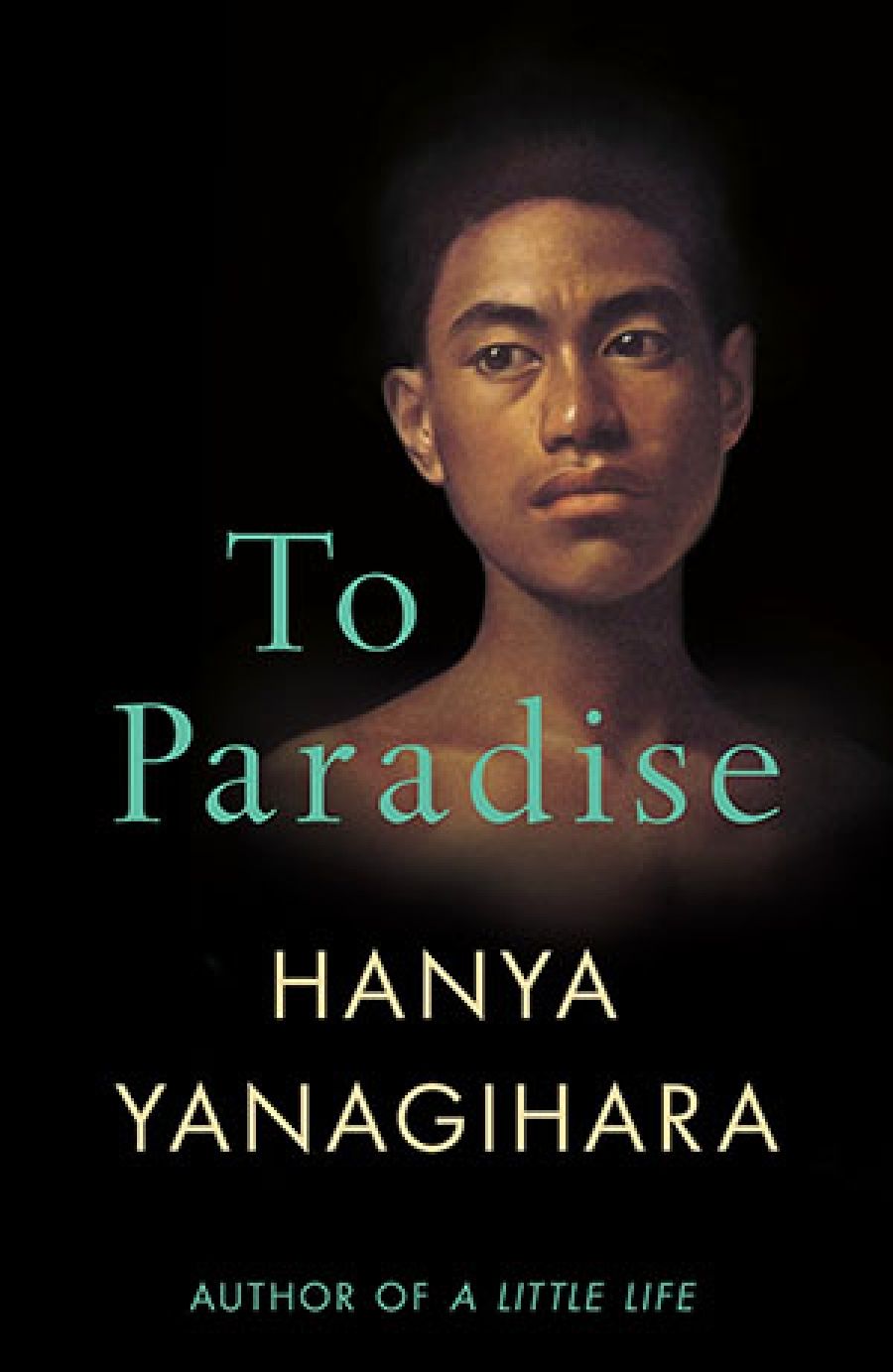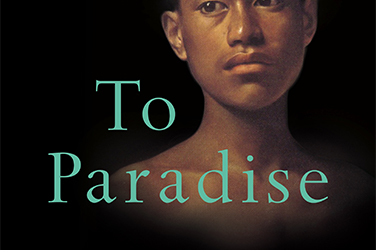
- Free Article: No
- Contents Category: Fiction
- Review Article: Yes
- Article Title: Houses of indifference
- Article Subtitle: Hanya Yanagihara’s three versions of America
- Online Only: No
- Custom Highlight Text:
In 2015, Hanya Yanagihara’s second novel A Little Life was published to a critical response so effusive as to seem almost hyperbolic. Jon Michaud of the New Yorker described the novel’s depiction of the Promethean repetitiveness of trauma as ‘elemental, irreducible’; Garth Greenwell declared in The Atlantic that ‘the great gay novel’ had finally been written. Even critics who viewed the novel less favourably acknowledged its extraordinary affective force. In one of the few unflattering reviews, Daniel Mendelsohn of The New York Review of Books savagely describes the novel as ‘little more than a machine designed to produce negative emotions for the reader to wallow in’.
- Article Hero Image (920px wide):

- Article Hero Image Caption: Hanya Yanagihara (photograph by WENN/Alamy)
- Featured Image (400px * 250px):

- Alt Tag (Featured Image): Georgia White reviews ‘To Paradise’ by Hanya Yanagihara
- Book 1 Title: To Paradise
- Book 1 Biblio: Picador, $32.99 pb, 720 pp
Yanagihara’s third novel, To Paradise, is a very different creature – not just from A Little Life but also from most other works of fiction. A sprawling fin-de-siècle novel that is about more than one siècle, it tackles many of the same concerns that appear in late nineteenth-century fiction: disease and degeneration and decay; the rise and fall of empires; the nervous anticipation of a crueller future. Each of its three sections takes place in the ninety-third year of a different century; each is named after places that promise, ill-fatedly, to be a paradise; and each is leashed together by several teasing motifs, among them the ambiguous repetition of the novel’s title.
The first section, ‘Washington Square’, is set in an alternate version of 1893, where New York has seceded from the United States to form part of the Free States. Here, same-sex marriage is both legal and commonplace – though racial and class inequalities persist – and yet David Bingham, the lone bachelor of a wealthy family, is living an aimless, cosseted life. An encounter with a beautiful man of more limited means prompts him to reconsider what kind of life he wants, even if it means leaving the Free States for California, where ‘to be a Bingham was to be an abomination, a perversion, a threat’. His decision made, the narrative ends abruptly and jumps forward a hundred years. In 1993, another aimless young man named David Bingham is living with his much older partner when he receives a letter from his estranged father. It contains the tale of ‘Lipo-wao-nahele’, a thirty-acre parcel of land belonging to the Hawaiian royal family. Its name is initially translated as either the Dark Forest or the Forest of Paradise, but by the letter’s end it has many more meanings: sovereignty, nationhood, delusion, neglect.
The final section, ‘Zone Eight’, is set another century forward again. This time, the protagonist is a woman, cohabitating with her husband in a functional but sterile marriage. In their world, viral diseases and punishing quarantines are a matter of routine; this society, too, is both functional and sterile. A series of historical letters provide more context as to how this world came into being, drawing some suggestive parallels with our current era.
Though the sections appear in chronological order, they are not sequential parts of an overarching plot. Rather, they resemble a Greek chorus, a collective of voices all singing the same story. In each of these Americas, there is a David, an Edward, a Charles, and an Eden; in each ’93, the families of Bingham, Griffiths, and Bishop (all named after famous Christian missionaries to Hawaii) play an integral role. Readers may notice similarities with the concentric structure of David Mitchell’s Cloud Atlas (2004) – at one point in 2093, the narrator stops to listen to someone recounting the tale of ‘a man who had lived here, on this very island, on this very Square, two hundred years ago’ – but whereas Mitchell’s overlapping plotlines allude to humanity’s interconnectedness (‘what is any ocean but a multitude of drops?’), the echoes and repetitions in Yanagihara’s produce a feeling of futility. Her many Davids fail and must confront their failures over and over again; her alternate Americas are all haunted by yet more Americas that might have been.
Indeed, it is a work by Henry James (and Yanagihara certainly has a fondness for Jamesian syntax) that provides the closest analogue to the novel. In James’s short story ‘The Jolly Corner’ (1908), an ageing protagonist becomes tormented by thoughts of the life he has not led and, by extension, of the person he did not become. His obsession with this other-life and other-self eventually climaxes in a ghastly face-to-face encounter with an apparition who, though resembling his own shape and size, is but ‘an awful beast’. When he wakes, neither he nor the reader is entirely sure what he saw or what it means. Is he – and are we – meant to be thankful not to have become such a monster? Or is this a cautionary tale against becoming lost in speculation, forgetting that our one (little) life, however imperfect, is all there is?
The promise of a better life is America’s ultimate creationist fantasy, and To Paradise is certainly a novel very much concerned about the nation in which it is set. To Yanagihara, America and paradise both resemble the jolly corner of James’s story: they are vessels that hold more power in the mind than in reality; they are houses of indifference onto which we project our fantasies and myths. If To Paradise is, in parts, just as sentimental as A Little Life (Yanagihara’s victims are unfailingly the passive, helpless prey of circumstance and impulse; the wrongs committed by her wrongdoers are always very wrong indeed), it is also far more nihilistic. Each of its three sections involves the same taunting scenario: a character abandoning everything they know for the promise of paradise. Unfortunately for them, in their author’s matrix, heaven and hell alike happen to be empty: all the angels and devils dwell here.


Comments powered by CComment